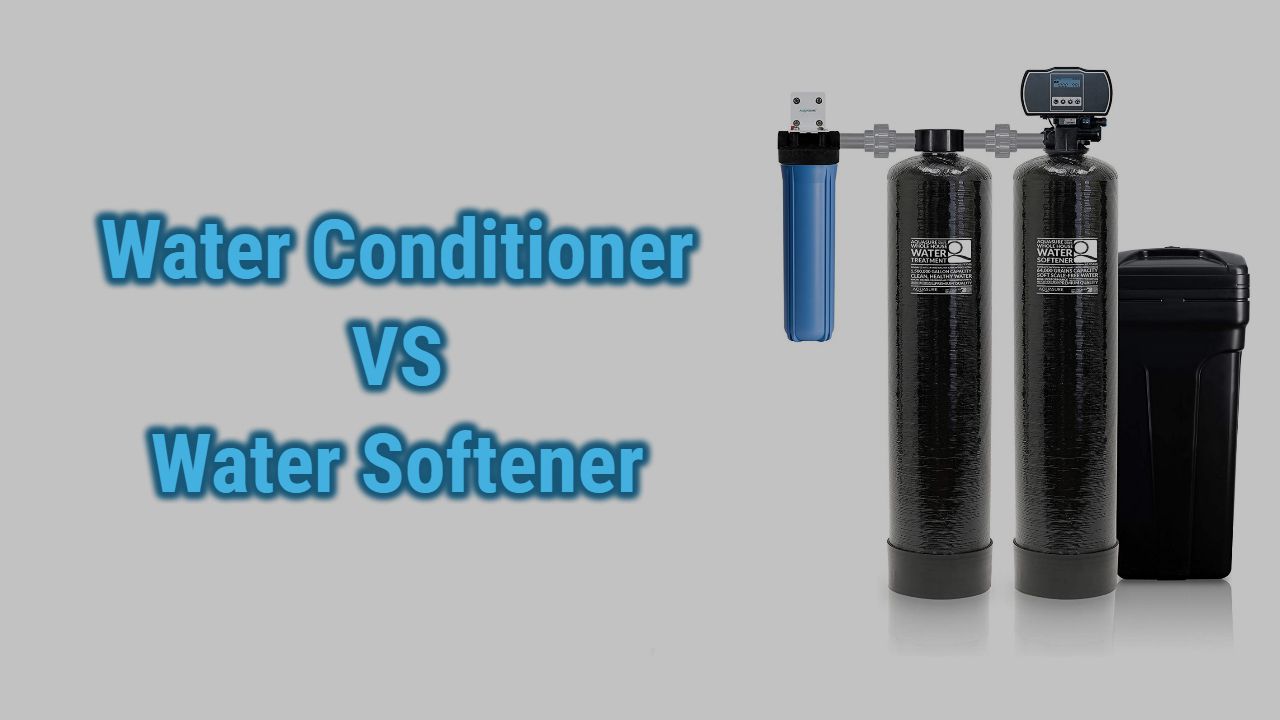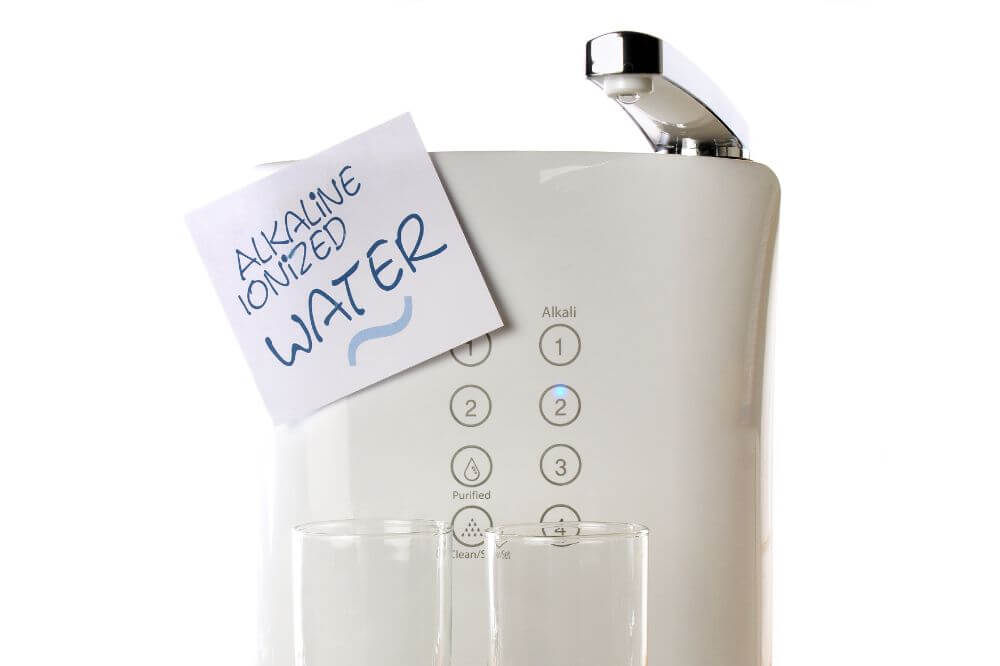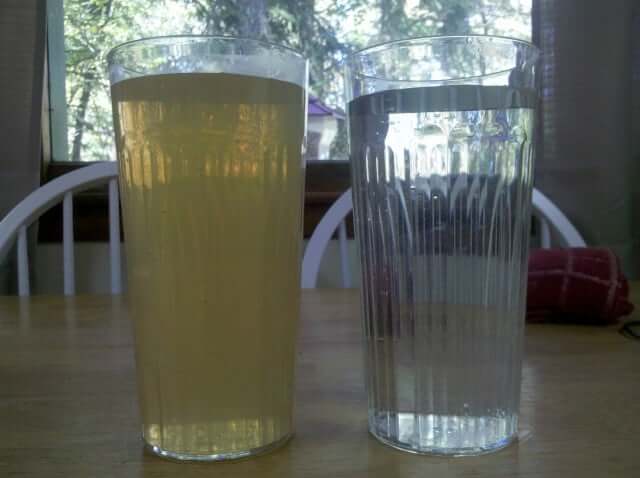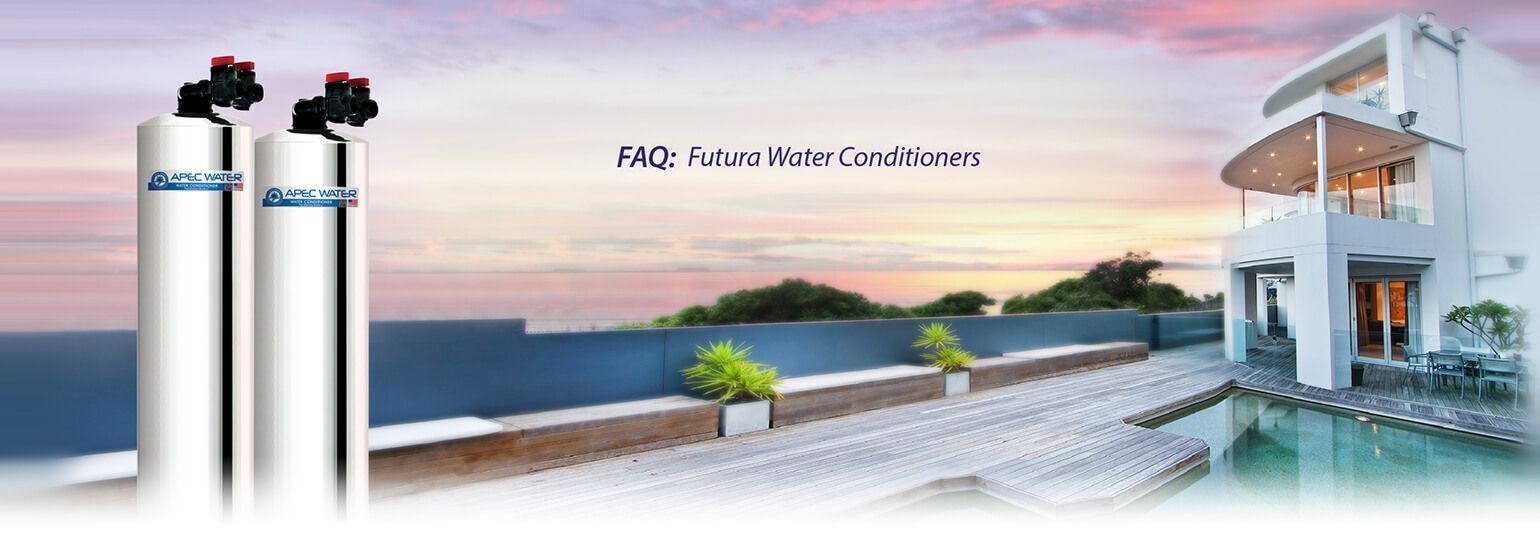Reverse osmosis focuses on minerals while water softeners remove the minerals that causes hard water. A reverse osmosis membrane offers the highest level of tds (total dissolved solids) removal vs.

Culligan Water Softener Alternatives luxstclare
The material strongly attracts minerals.

Whole house reverse osmosis system vs water softener. As we have already mentioned, the biggest difference between reverse osmosis vs water softener is in the process. These two methods unarguably improve the overall water quality. When it comes to clean, pure water, both a reverse osmosis system and a water softener can be just the combination you need for your best water.
While a reverse osmosis system can replace a water softener, it will waste a lot of water, so water softeners are often a more economical solution if your water has a hardness problem. Whole house filters work to filter specific contaminants from the entire home, and reverse osmosis systems reduce a broad range of contaminants from drinking water. Hard water has high levels of magnesium and calcium ions, which can cause dry skin, water spots on glasses and silverware, faded laundry and scale buildup in pipes.
Whole house reverse osmosis systems for all types of water, fresh water, bore water, brackish water, sea water, salt water. The major difference between reverse osmosis and water softener is that reverse osmosis removes contaminants, small particles and minerals from water while water softener removes minerals that causes hard. Water softeners extend the lifespan of your household’s appliances, while reverse osmosis systems allow you to save money and waste by stopping buying water bottles all the time.
While reverse osmosis systems use physical filters, water softeners use a process known as ionization. Water softeners condition the water, while reverse osmosis filters the water. After water exits the ro membrane, it passes through a postfilter to polish the drinking water before it enters a dedicated faucet.
I am going to go through each of these and try to practically explain the differences in a useful way. There is no water purification system that does it all for every. Reverse osmosis vs water softener points to a comparison in their approach to softening hard water.
Reverse osmosis vs water softener. While water softener softens the water supplied to your house, reverse osmosis does a whole lot more than resolving the issue of water hardness. Adsorption filters, made from activated carbon or carbon block, are commonly featured in whole house water filter systems.
While a reverse osmosis system will soften water in addition to filtering it, constantly filtering hard water will wear out an ro membrane faster. These systems have been widely used for commercial and residential reverse osmosis applications. Reverse osmosis systems are very concentrated and operate slowly, whereas whole house water systems quickly filter water so that it can flow efficiently through the entire house.
So if you have hard water in your home and it has a high level of impurities, you will benefit from getting both systems , a water softener and a reverse osmosis system. Whereas water softeners involve replacing hard water ions such as calcium and magnesium with ones such as sodium that don’t form the annoying limescale that clogs up your water pipes. But not all household water filters reduce the same amount of contaminants.*.
When comparing a water softener vs reverse osmosis system, water softeners are far more efficient. Water softeners use ionization to replace magnesium and calcium ions in the water with sodium or salt ions. However, a culligan reverse osmosis system with total defense filter reduces 26 of the most common water contaminants.
A water softener removes minerals from “hard” water by what chemists call ion exchange. Meanwhile, faucet filters reduce 11 contaminants commonly found in tap water. Reverse osmosis vs water softener is a hot debate topic for both homeowners and commercial industries.
As it absorbs the minerals, it releases. Reverse osmosis, water softening, and dechlorination. Do you want filtration for your entire house?
A whole house system works differently than a reverse osmosis system because it filters water for the entire home. Refrigerator filters reduce only three and pitchers reduce four. Based on my experience, the consensus of opinions is that homeowners prefer reverse osmosis for their drinking water system while water softeners are used for household chores.
While water softeners remove hardness minerals specifically, reverse osmosis water filters remove a broader range of contaminants. If you still aren’t sure about water filters vs reverse osmosis. Reverse osmosis and water softeners are a couple of the most powerful water treatment systems for.
Reverse osmosis puts extra pressure on the unfiltered side, forcing water to migrate to the pure side. Whole house reverse osmosis systems remove the largest spectrum of contaminants at the most economical cost of any water treatment process.

Water Treatment Quality Water Pro

Water Filtration vs. Purification Best Home Water

Apec VS Ispring 🚰🚰 Which One Should You Shy Away From? 🚰🚰

Best Whole House Water Softener System Reviews 2020

Iron water vs treated water Angel Water

F.A.Q. SaltFree AntiScale Water Conditioner for FUTURA









